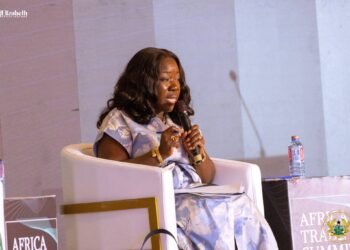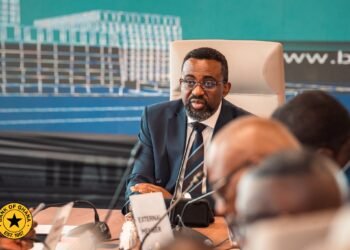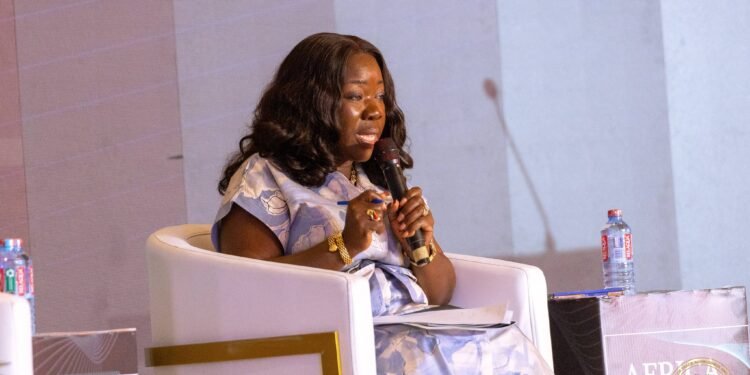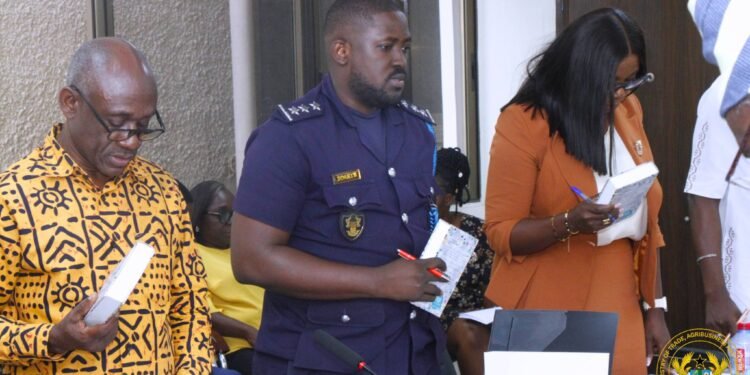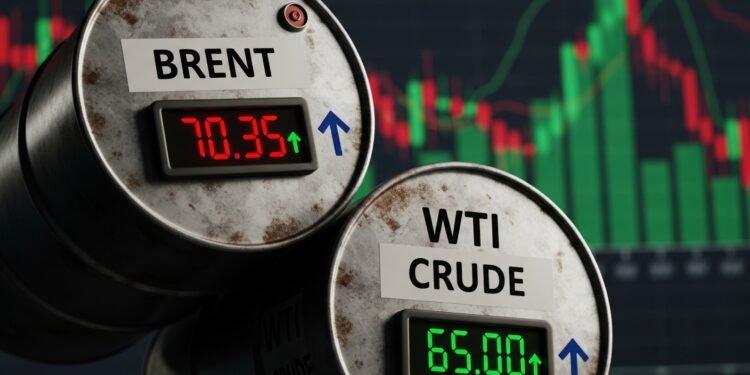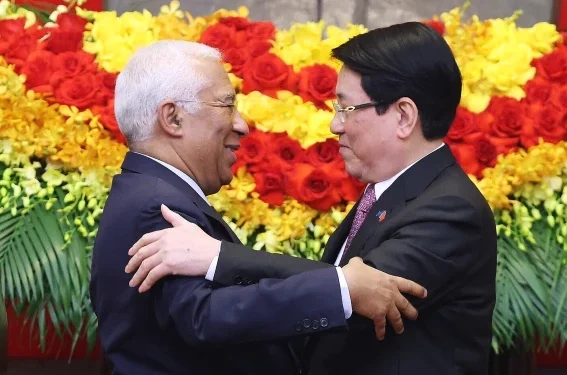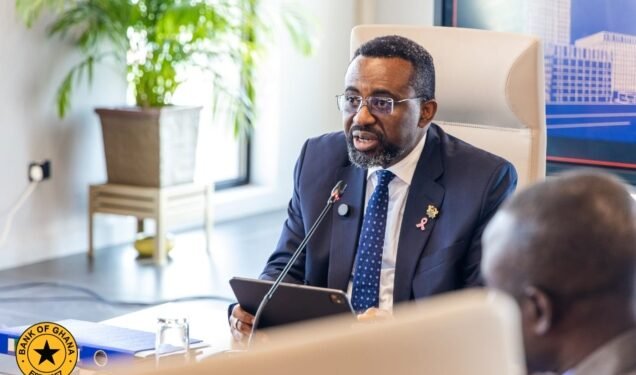Ghana’s Finance Minister, Dr. Cassiel Ato Forson, has reaffirmed the government’s commitment to deepening cooperation with the World Bank Group to drive inclusive and sustainable development across key sectors of the economy.
This follows a high-level meeting with Ajay Banga, President of the World Bank Group, held on the sidelines of the ongoing IMF–World Bank Annual Meetings.
The meeting focused on scaling up World Bank support for Ghana’s ongoing projects and exploring new opportunities to accelerate the country’s economic transformation.
Both leaders expressed optimism that the strengthened partnership will play a pivotal role in rebuilding Ghana’s economy, promoting growth, and improving the welfare of its citizens.
Dr. Forson and Mr. Banga identified five strategic sectors that will receive renewed and expanded focus under the partnership — education, health, energy, roads, and agriculture.
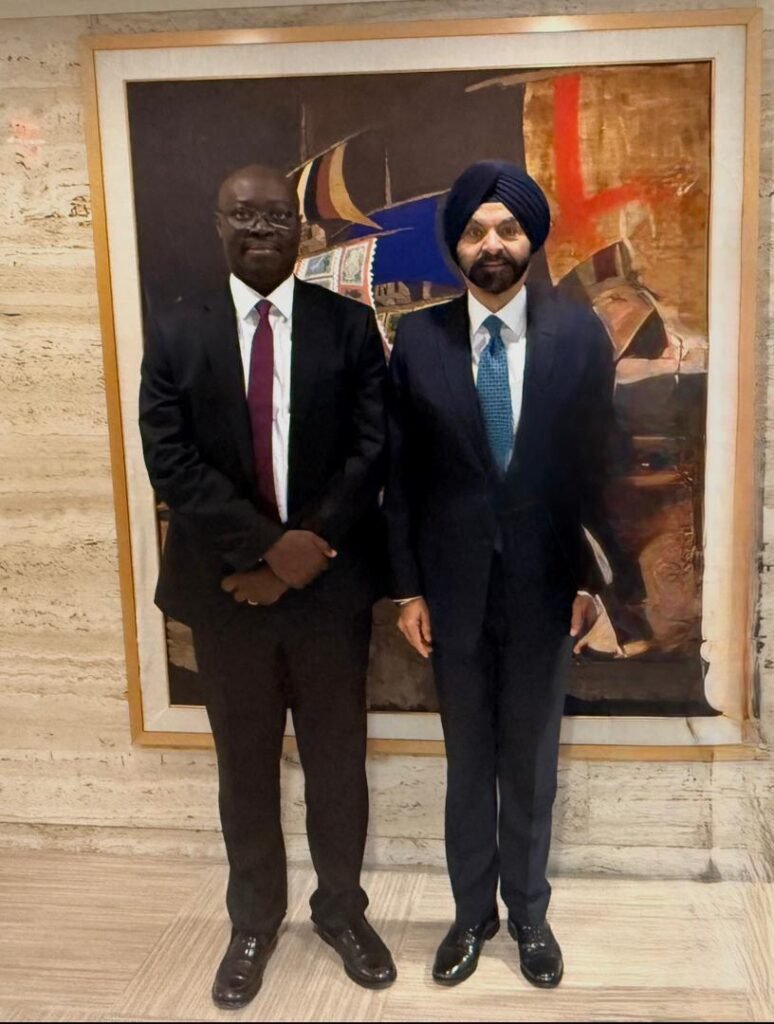
According to the Finance Minister, these sectors represent the backbone of Ghana’s medium- to long-term development agenda and are essential to achieving shared prosperity.
“With this renewed collaboration, we are working together to accelerate Ghana’s journey toward a more resilient, inclusive, and sustainable economy.”
Dr Cassiel Ato Forson, Ghana’s Finance Minister
Transition from Financing into Tangible Improvements
Dr. Forson emphasized the government’s determination to ensure that every dollar of development financing translates into tangible improvements in people’s lives.
The Finance Minister explained that the government’s engagement with the World Bank forms part of a broader strategy to align Ghana’s national priorities with global development goals, particularly in human capital development, infrastructure modernization, and sustainable energy.
He noted that the partnership’s renewed focus will ensure that World Bank interventions are tailored to Ghana’s evolving needs and that investments are directed toward areas with the highest social and economic impact.
In the education sector, the strengthened cooperation aims to enhance access, quality, and equity across all levels of learning. The World Bank has been a long-standing partner in Ghana’s education reforms, supporting initiatives such as the Ghana Accountability for Learning Outcomes Project (GALOP) and digital learning expansion programs.
Dr. Forson emphasized that sustained investment in education remains key to building a skilled workforce capable of driving innovation and industrial growth. On health, the Finance Minister underscored the importance of strengthening Ghana’s healthcare delivery systems, particularly in the wake of global health challenges.

He indicated that the government seeks to leverage World Bank resources to expand primary healthcare infrastructure, improve disease surveillance, and support universal health coverage efforts to ensure that no Ghanaian is left behind in accessing quality healthcare.
Support Towards Green Transition
In the energy sector, discussions centered on accelerating the transition toward cleaner, reliable, and affordable energy sources. Dr. Forson reaffirmed Ghana’s commitment to balancing energy expansion with environmental sustainability, pointing out that investments in renewable energy and energy efficiency are critical to achieving long-term resilience and reducing the fiscal burden of energy subsidies.
The roads and transport sector also emerged as a major priority, with both sides agreeing on the urgent need to rehabilitate and modernize key road corridors to facilitate trade, enhance rural connectivity under the Mahama administration’s Big Push Infrastructure drive.
Improved road networks, according to Dr. Forson, will boost economic activity and open up markets for farmers and small businesses across the country.
In agriculture, the Finance Minister stressed the importance of modernizing the sector through technology, irrigation, and value-chain development.
He highlighted that agriculture remains a vital pillar of Ghana’s economy, employing a significant proportion of the population, and thus requires targeted interventions to increase productivity, ensure food security, and create decent jobs for the youth.
Dr. Forson was accompanied at the meeting by Dr. Johnson Asiama, Governor of the Bank of Ghana, and H.E. Victor Smith, Ghana’s Ambassador to the United States.
The presence of these top officials underscored the government’s unified approach to deepening engagement with the World Bank and strengthening Ghana’s international partnerships.
Mr. Banga, for his part, commended Ghana’s efforts to stabilize its economy and reaffirmed the World Bank Group’s readiness to support the country’s development priorities.
He emphasized that the Bank’s partnership with Ghana will continue to focus on improving lives and building a resilient economy capable of withstanding global and domestic shocks.
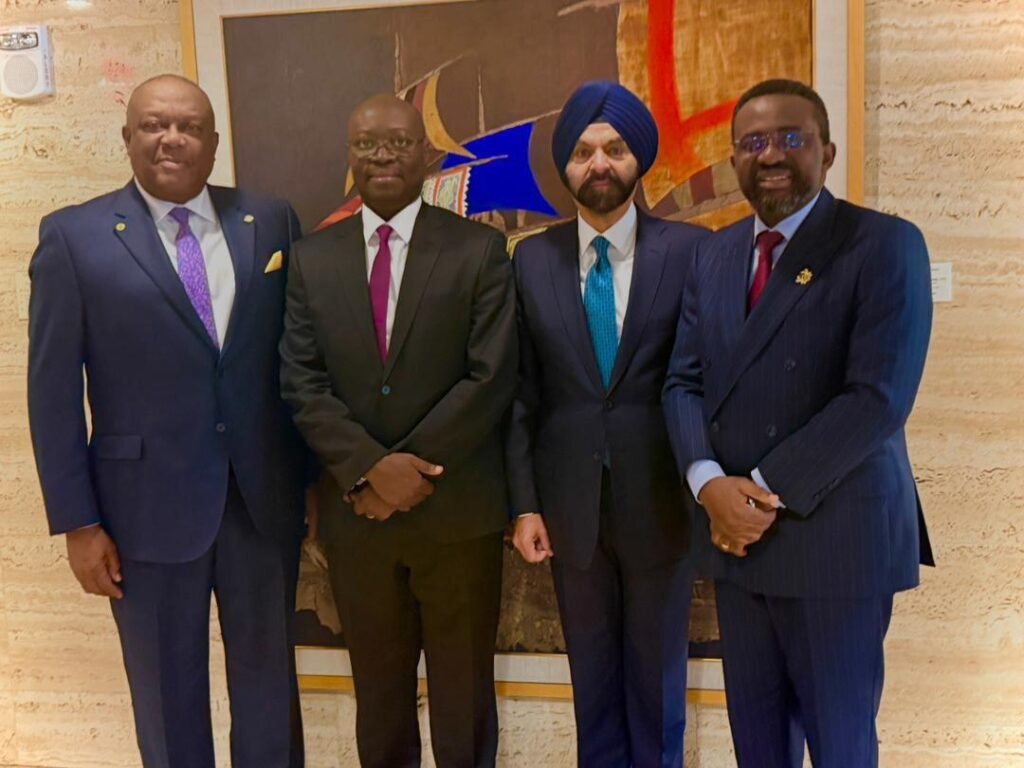
The meeting also discussed progress made under current World Bank-funded projects and explored innovative financing models to enhance resource mobilization. Both sides agreed to sustain a high-level policy dialogue to ensure the timely implementation of agreed initiatives.
As Ghana continues to recover from recent economic challenges, the strengthened collaboration with the World Bank signals renewed international confidence in the country’s reform agenda and development trajectory.
Dr. Forson reiterated that Ghana remains committed to prudent fiscal management, economic inclusivity, and transparent use of development resources to achieve lasting results for its citizens.
The partnership between Ghana and the World Bank — rooted in decades of cooperation — is thus entering a new phase focused not only on financial assistance but on shared accountability, innovation, and sustainability.
READ ALSO: NDPC Boss Calls for Fairness and Transparency in West Africa’s Extractive Sector




